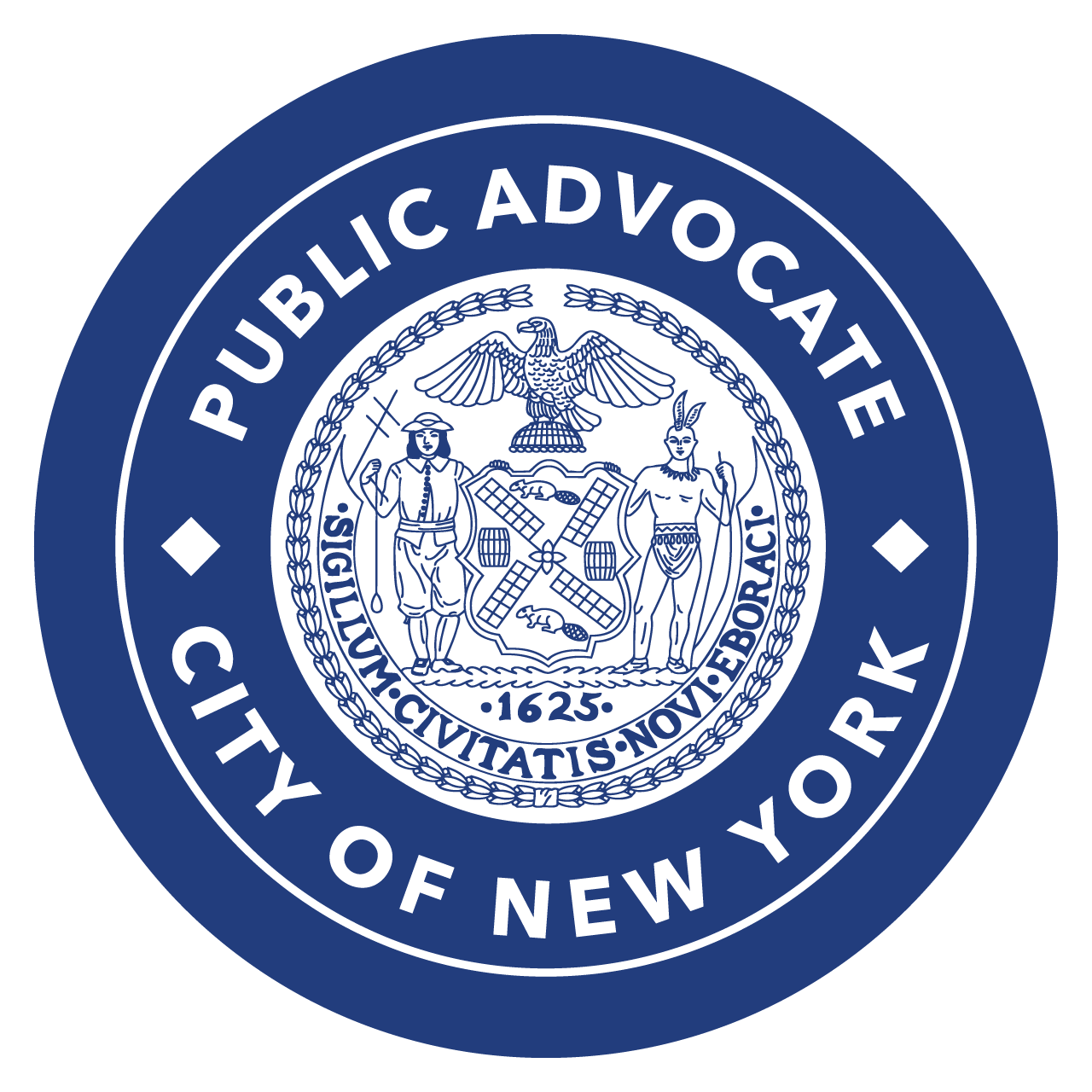Public Advocate Jumaane D. Williams announced a campaign today to re-define public safety today, a public education campaign to work alongside the ongoing public policy effort aimed at envisioning and expanding non-police alternatives to ensuring safety in ten key areas in New York City.
"Over the past months, New York City has experienced a pandemic, an economic crisis, and an overdue reckoning on race and policing-- all of which have contributed to an atmosphere of social unrest. This moment demands bold leadership and clear-headed analysis around what makes a city safe," said Public Advocate Williams. "Building a safe New York City necessitates reframing public safety to cover all components that make up personal and community wellbeing."
Amid a citywide and national dialogue about police reforms, the campaign to re-define public safety goes beyond promoting enhanced transparency and accountability measures in a revised policing model. It aims to highlight the intersection of public safety in other aspects of city life and governance, outlining a new framework and empowering with effective tools to be the change agents in defining public safety ahead of the FY 2022 budget cycle.
The Public Advocate's office will engage community members in all five boroughs over the coming months, partnering with community organizations and issue experts to advance legislation, release policy papers, and distribute public information materials that will fully explore the following issues:
Gun Violence Gun violence in our communities is a public health crisis. On the federal and state levels, actions need to be taken to reduce the flow of guns into New York. On the City level, we must further the success of credible messengers in preventing and interrupting violence. We must prioritize the experiences of Black Trans, Black and Brown, and low-income communities who are most impacted by this crisis to implement targeted solutions that address the root causes of gun violence.
Schools Increasing the quality of public education and equitable learning opportunities is key to providing thriving environments for young people. We must maximize the number of social workers and psychologists who work from a restorative justice and trauma-informed approach. This will empower students, prevent violence, and resolve conflicts before they cause harm.
Housing and Homelessness Access to housing is a human right. Our approach to homelessness must center permanent housing solutions, including supportive housing and expanded affordability measures. Homelessness should never be criminalized. We must develop a citywide non-police system that responds and engages with homeless individuals, especially Black and Latinx LGBTQIA+ youth abandoned without shelter.
Mental Health In 2018, there were 179,569 emergency calls involving individuals in mental health crisis. The City must do more to prevent these crises from occurring by strengthening local community based mental health infrastructure, especially in communities of color. For when crises occur, we must implement a citywide non-police response system in order to improve services and minimize hospitalization and justice involvement.
Transportation We must envision transportation as a widely accessible tool for NYC, especially low-income and BIPOC communities. We must question unlawful traffic stops and the over-reliance of law enforcement in the subways, while simultaneously strengthening the infrastructure and affordability of public transportation.
Technology Law enforcement's recent broad deployment of technology has raised legitimate questions on how underregulated mass surveillance can negatively impact New Yorkers. We need a community-regulation process around the usage and deployment of surveillance technology to ensure that it is fully transparent, non-discriminatory, respectful of privacy rights, and limited to necessary use.
Domestic Violence Responses We must utilize a survivor-centered approach to responding to domestic violence calls. We must also expand the use of community-based response to intimate partner violence and increase funding for survivor services outside of the scope of police calls and orders of protection.
Immigration New York has declared itself a "sanctuary city" in name, now it is time to implement these values in practice. We must strengthen our rejection of federal law enforcement against immigrants and proactively work to further immigrants' rights through civic engagement, employment, and educational opportunities.
Protecting Vulnerable Families Keeping families together is paramount to building thriving communities. We must cease separating families in crisis and instead dedicate resources towards a restorative approach that includes family care and trauma-informed support services for poverty-driven issues that disproportionately impact Black, Brown, and immigrant families.
Prioritizing Public Health We have an opportunity to change our approach from applying punitive measures to developing transformative models of leadership that empower community members and restore justice when harm is committed. We must imagine new systems that discourage prohibited methods of survival and help communities secure access to the resources they need.
The Public Advocate further discussed the initiative and framework at a virtual town hall this week. Video is available here.
